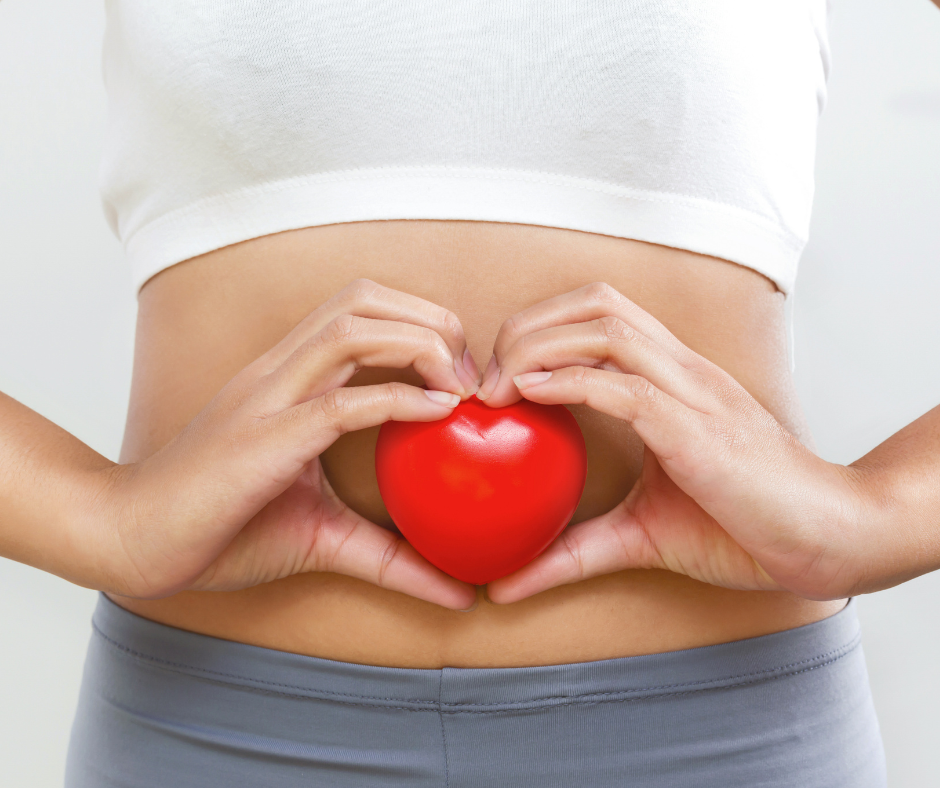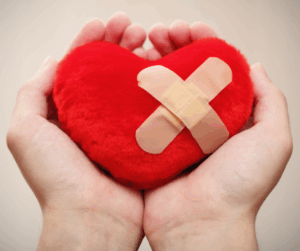The Gift of Life: Exploring Motivations for Using an Egg Donor
Starting a family is a deeply personal journey, and for some, the path to parenthood involves unique challenges that require medical assistance. One option for medically-assisted fertility is egg donation, a process that allows individuals or couples to conceive with the help of a donor’s eggs. According to the CDC, about 12% of all IVF cycles in the United States use donor eggs, which is roughly 16,000 cycles per year. In 2021, the Society for Reproductive Technology (SART) reported that over 20,000 IVF transfers using donor eggs led to nearly 10,000 births, which is about 1 in 373 births in the United States that year. Here are some of the common reasons why people might need an egg donor.
Infertility
Infertility is a significant reason many seek egg donors. Women who cannot produce viable eggs due to age, medical conditions, or premature ovarian failure may find egg donation a viable solution to achieve pregnancy. Infertility can be a challenging and emotional experience, making egg donation a hopeful option for many.
Genetic Disorders
Couples or individuals who have a high risk of passing on genetic disorders may use an egg donor to ensure their children do not inherit these conditions. Genetic disorders can have profound implications, and egg donation offers a way to avoid transmitting these health issues to the next generation.
Failed IVF Cycles
In vitro fertilization (IVF) can be a difficult process, especially when multiple cycles fail using the woman’s own eggs. After repeated unsuccessful attempts, using an egg donor might increase the chances of a successful pregnancy, providing hope to those who have faced disappointment.
Absence of Ovaries
Some women may have had their ovaries removed due to surgery, cancer treatment, or other medical reasons. Without ovaries, they cannot produce eggs naturally, and egg donation becomes a crucial option for them to conceive and carry a pregnancy to term.
Menopause
Women who experience early menopause and no longer produce eggs might turn to egg donation. Menopause marks the end of a woman’s reproductive years, but egg donation allows women who have gone through this transition to still achieve pregnancy.
Age-Related Fertility Decline
As women age, their egg quality and quantity decline, particularly after the age of 40. This natural decrease in fertility can reduce the chances of conception. For older women, using an egg donor can significantly improve the likelihood of having a healthy pregnancy and baby.
LGBTQ+ Families
Same-sex male couples and individuals who wish to become parents often require an egg donor as part of the surrogacy process. Egg donation is an essential component that enables LGBTQ+ families to have biological children and experience the joys of parenthood.
Single Men
Single men who desire to have biological children can use an egg donor along with a surrogate. This option allows them to start a family on their own terms, using a donor’s eggs to achieve their dream of parenthood.
Cancer Survivors
Cancer treatments like chemotherapy or radiation can impact a woman’s fertility. Women whose reproductive capabilities have been compromised by such treatments may need an egg donor to conceive. Egg donation provides a path to parenthood for cancer survivors who have overcome significant health challenges.
Uterine Conditions
Certain uterine conditions, such as severe endometriosis or Asherman’s syndrome (scar tissue in the uterus), can affect egg production or implantation. Women facing these conditions might use an egg donor to bypass these reproductive obstacles and successfully carry a pregnancy.
Conclusion
Whatever the reason for seeking an egg donor, egg donation is a remarkable option that provides hope and solutions to a wide range of individuals and couples facing diverse reproductive challenges that also allows them to choose the donor that is best suited for their families. Whether due to medical conditions, genetic concerns, or personal circumstances, egg donation offers a path to parenthood for many who might otherwise struggle to conceive. This generous gift from donors enables dreams of starting or growing a family to become a reality.




